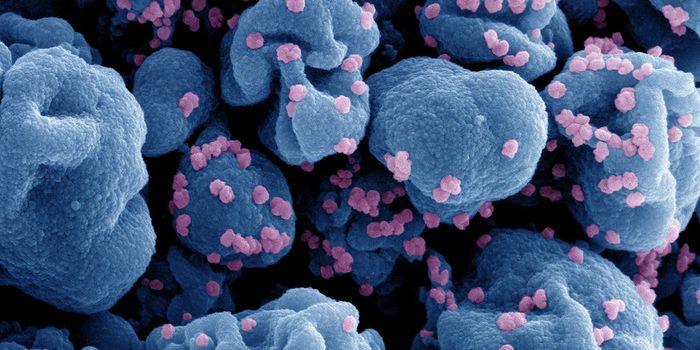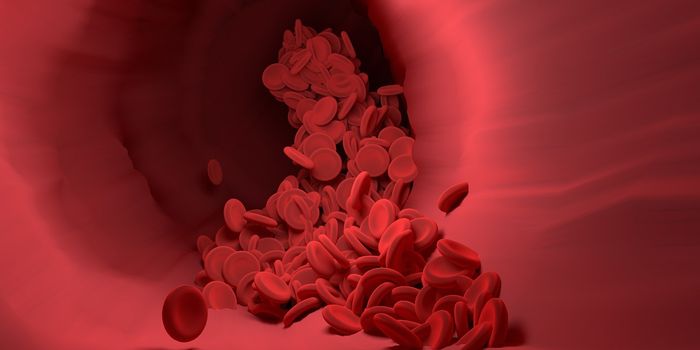We would all like to believe that chocolate is good for heart health, but is there scientific evidence to back up these claims? Recent research findings from Brown University scientists seem to have the solution.
Thanks to flavanols found in cocoa, chocolate can in fact benefit heart health. Flavanols, a subclass of polyphenolic plant compounds called flavonoids that are found in fruits, vegetables, and tea. Flavonoids have anti-inflammatory properties and have been shown to reduce oxidative stress and inflammation in animal models. Other flavonoids include anthcyanidins, flavan-3-ols, and flavones, and a 2008 study showed that flavanol-containing cocoa products introduced into human dietary intervention trials led to improvements in endothelial function, platelet function, and blood pressure.
In the present study, published in the
Journal of Nutrition, Brown researchers conducted a systematic review, complete with a meta-analysis of 1339 total study participants from 19 randomized controlled trials of cocoa consumption compared to a placebo with “negligible” cocoa flavanol content. The team looked for any evidence that consuming flavanol-rich cocoa products were associated with improvements in cardiometabolic health, via measurement of specific circulating biomarkers.
"We found that cocoa flavanol intake may reduce dyslipidemia (elevated triglycerides), insulin resistance and systemic inflammation, which are all major subclinical risk factors for cardiometabolic diseases,” explained corresponding author Simin Liu, PhD.
Out of the statistically significant improvements seen in the study participants who consumed flavanol-rich cocoa products versus those given placebo, the best results were seen specifically in participants who had between 200 and 600 milligrams of flavanols per day. These participants showed a reduction of blood glucose, insulin, and insulin resistance indicator HOMA-IR as well as an increase in high-density lipoprotein, also known as “good” cholesterol.
“Where there were benefits, they were evident for both women and men and didn't depend on what physical form the flavanol-rich cocoa product was consumed in,” Lin said. “The findings from the current study apparently shouldn't be generalized to different sorts of chocolate candies or white chocolates, of which the content of sugar/food additives could be substantially higher than that of the dark chocolate."
Sources:
Brown University,
Oregon State University,
Asia Pacific Journal of Clinical Nutrition









